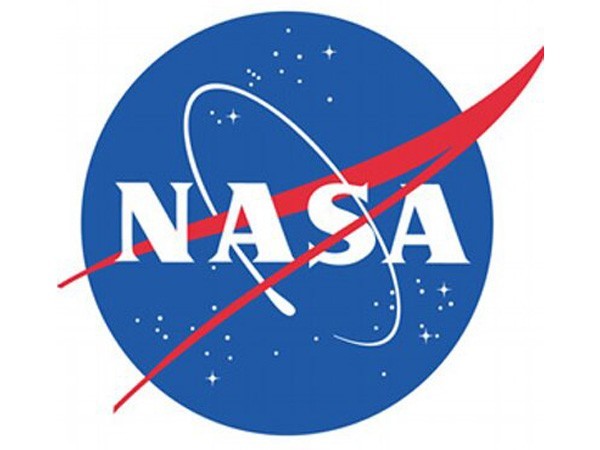Science News Roundup: NASA extracts breathable oxygen from thin Martian air; SpaceX rocketship launches 4 astronauts on NASA mission to space station and more

Following is a summary of current science news briefs.
SpaceX rocketship launches 4 astronauts on NASA mission to space station
NASA and Elon Musk's commercial rocket company SpaceX launched a new four-astronaut team on a flight to the International Space Station early on Friday, the first crew ever propelled toward orbit by a rocket booster recycled from a previous spaceflight.
Scientists hope genetic engineering can revive the American chestnut tree
A day before Earth Day, retired forester Rex Mann watched as scientists signed an agreement with the Eastern Band of Cherokee Indians in North Carolina to allow for the eventual planting of genetically engineered American chestnut trees on tribal land. Mann, who has heard countless stories about the American chestnut tree that once dominated the Appalachia region, was emotional as he witnessed the signing.
Costa Rica unveils radar that tracks space objects from a farm
Surrounded by clear blue skies and fields of sugar cane crops on the Pacific coast, a farm in the northwest of Costa Rica is now home to a giant radar capable of tracking small objects in space that threaten the safety of astronauts and satellites. Costa Rican President Carlos Alvarado and U.S. and Costa Rican astronauts on Thursday unveiled the four large reflective panels that make up the commercial radar, which is connected to the servers of aerospace company LeoLabs in San Francisco.
NASA extracts breathable oxygen from thin Martian air
NASA has logged another extraterrestrial first on its latest mission to Mars: converting carbon dioxide from the Martian atmosphere into pure, breathable oxygen, the U.S. space agency said on Wednesday. The unprecedented extraction of oxygen, literally out of thin air on Mars, was achieved Tuesday by an experimental device aboard Perseverance, a six-wheeled science rover that landed on the Red Planet Feb. 18 after a seven-month journey from Earth.
SpaceX rocketship launches 4 astronauts on NASA mission to space station
NASA and Elon Musk's commercial rocket company SpaceX launched a new four-astronaut team on a flight to the International Space Station on Friday, the first crew ever propelled into orbit by a rocket booster recycled from a previous spaceflight. The company's Crew Dragon capsule Endeavour, also making its second flight, streaked into the darkened pre-dawn sky atop a SpaceX Falcon 9 rocket as its nine Merlin engines roared to life at 5:49 a.m. (0949 GMT) from NASA's Kennedy Space Center in Florida.
A black hole dubbed 'the Unicorn' may be galaxy's smallest one
Scientists have discovered what may be the smallest-known black hole in the Milky Way galaxy and the closest to our solar system - an object so curious that they nicknamed it 'the Unicorn.' The researchers said the black hole is roughly three times the mass of our sun, testing the lower limits of size for these extraordinarily dense objects that possess gravitational pulls so strong not even light can escape. A luminous star called a red giant orbits with the black hole in a so-called binary star system named V723 Mon.
Keeping up with T. Rex was easy, Dutch researchers say
Unlike its popular movie incarnations, Tyrannosaurus rex - the giant meat-eating dinosaur from the Cretaceous period - walked slower than previously thought, most likely ambling around at human walking speed, new Dutch research found. Working with a 3-dimensional computer model of "Trix", a female T. rex skeleton at the Dutch Naturalis museum, researcher Pasha van Bijlert added computer reconstructions of muscles and ligaments to find that it's likely that the dinosaur's preferred speed was 4.61 kms (2.86 miles) an hour, close to the walking pace of humans and horses.
Third-trimester vaccination appears safe; Pfizer/BioNtech vaccine effective in those with chronic illnesses
The following is a roundup of some of the latest scientific studies on the novel coronavirus and efforts to find treatments and vaccines for COVID-19, the illness caused by the virus. Third-trimester vaccination appears safe in early data
(With inputs from agencies.)










